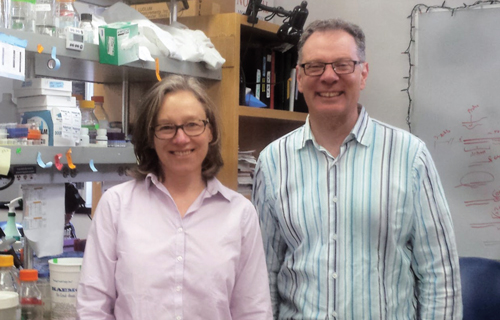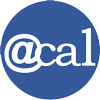

Photo credit: Heather Upton
According to Forbes magazine, UC Berkeley is ranked as one of the nation’s most entrepreneurial universities. It rates first for serial founders and second for venture-capital-backed start-ups. Over the past decade, it’s estimated that Berkeley spin-off companies have raised more than $14 billion, which has positive impacts on state, national, and global economies.
One reason for this entrepreneurial achievement is the Bakar Fellows Program, an innovative Berkeley initiative started in 2012 to promote STEM+ research with commercial promise. To date, seven companies have been launched by Bakar Fellows and several more are underway.
With the startup KarnaTeq, Kathy Collins — a professor of biophysics, biochemistry, and structural biology and Walter and Ruth Schubert Family Chair — is developing and marketing a technology to capture genetic information embedded in cancer cells’ RNA. Her techniques may lead to scalpel-free “liquid biopsies” that could eliminate surgeries, speed up diagnoses, and reduce medical costs.
James Hurley — a professor of biophysics, biochemistry, and structural biology and Judy C. Webb Chair in MCB — is studying autophagy (which literally means “self-eating”) to develop a new drug that can help neurons and other cells clear out damaged mitochondria and other debris — a process essential to the survival of our cells. Neurons are most vulnerable to damage when autophagy slows down due to aging or illness, and a reduction in autophagic capacity is linked to such neurodegenerative conditions as Parkinson’s Disease.
For both Collins and Hurley, the Bakar Fellows Program has enabled them to bring their science much closer to the marketplace. “From learning about the economy of information to legal advice, QB3 incubators, and options for space and budget, the program has taught me how to consider the market, not just scientific breakthrough,” says Collins. “And because of its track record, the Bakar Fellows award brings attention from angel investors.”
Hurley agrees. “The Bakar fellowship funding has allowed my lab to carry out small molecule screens for inducers of key enzymes that activate autophagy,” he says. “This provides the proof of principle that we need to attract investors and leverage these discoveries into drug development.”




